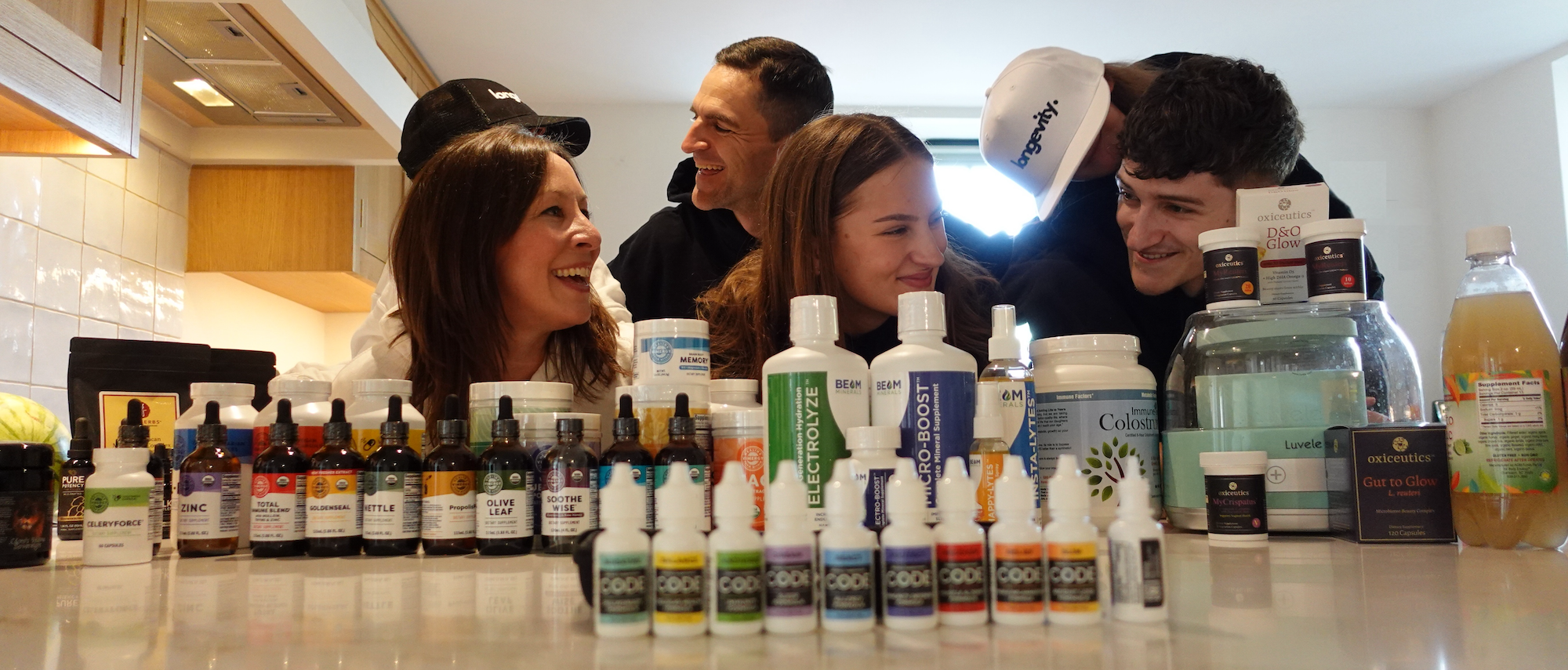Primary Benefits
- It has an expectorant property that helps break up the mucus and phlegm depositions in the respiratory tract
- Contains anti-virulence properties, targeting bacterial inhibiting it's growth
- Known to be helpful in suppressing certain smoking withdrawal symptoms, including cravings for cigarettes
- Encourages detoxification and enhanced absorption and bioavailability of minerals and nutrients
- Works as a food preservative controlling the growth of known food-spoilage microorganisms
Details
Botanical Name: Piper nigrum
Origin: India
Plant Part: Peppercorns
Cultivation: Certified Organically Grown
Aroma: Crisp, fresh, woody, smoky
Perfumery Note: Middle
Blends Well With: Anise seed, clove bud, fennel, oregano, orange, bergamot, coriander, rosemary, tea tree
Method of Extraction: Steam Distilled
Main Chemical Components: Piperine, camphene, sabinene, β-pinene, myrcene, limonene
Plant Infomation
Pepper, the Indian native spice and seasoning, was once a luxury item in the middle ages, affordable only to the wealthy. In the traditional Ayurvedic system, pepper is a vital ingredient of many remedies. It works as a digestive stimulant, as food enter the large intestine channels it warms the body and drives the food downward while dispelling phlegm and relieving diarrhea. Internally, it treats fevers, gastric and abdominal disorders, and urinary problems. It can be applied externally to aid reumatism, neuralgia, and boils. It is a favorite among those with active lifestyles because it has energizing properties.
Ussage
To relieve the pain of stomach aches, diarrhea and gas, take 1–2 drops of black pepper oil internally by adding it to a soup, smoothie or savory dish.
To aid respiratory conditions, take internally or inhale the oil directly from the bottle.
To help detoxify the body, take 1–2 drops internally or apply 2–3 drops topically to the bottoms of the feet.
Safety
Always test for skin sensitivity prior to widespread use and use on the feet when possible. Black pepper essential oil can be a strong irritant in high doses, so dilution with a carrier oil (like coconut or hemp oil) is recommended for topical use. Excessive use of any oil can lead to skin sensitization. Keep out of eyes, ears, or nose. Pepper may cause sneezing. Patients who have undergone abdominal surgery should not add excessive pepper to their diet because it can have an irritating effect on the intestines. Black pepper should not be taken in high concentration, and if you see signs of an allergic reaction, discontinue its use and consult a doctor.Not all oils are created equal, so test brands carefully, and never use an oil in a way not recommended. Our oil is therapeutic grade, however we do not recommend any oils be used internally unless on the advice of a medical professional.
































